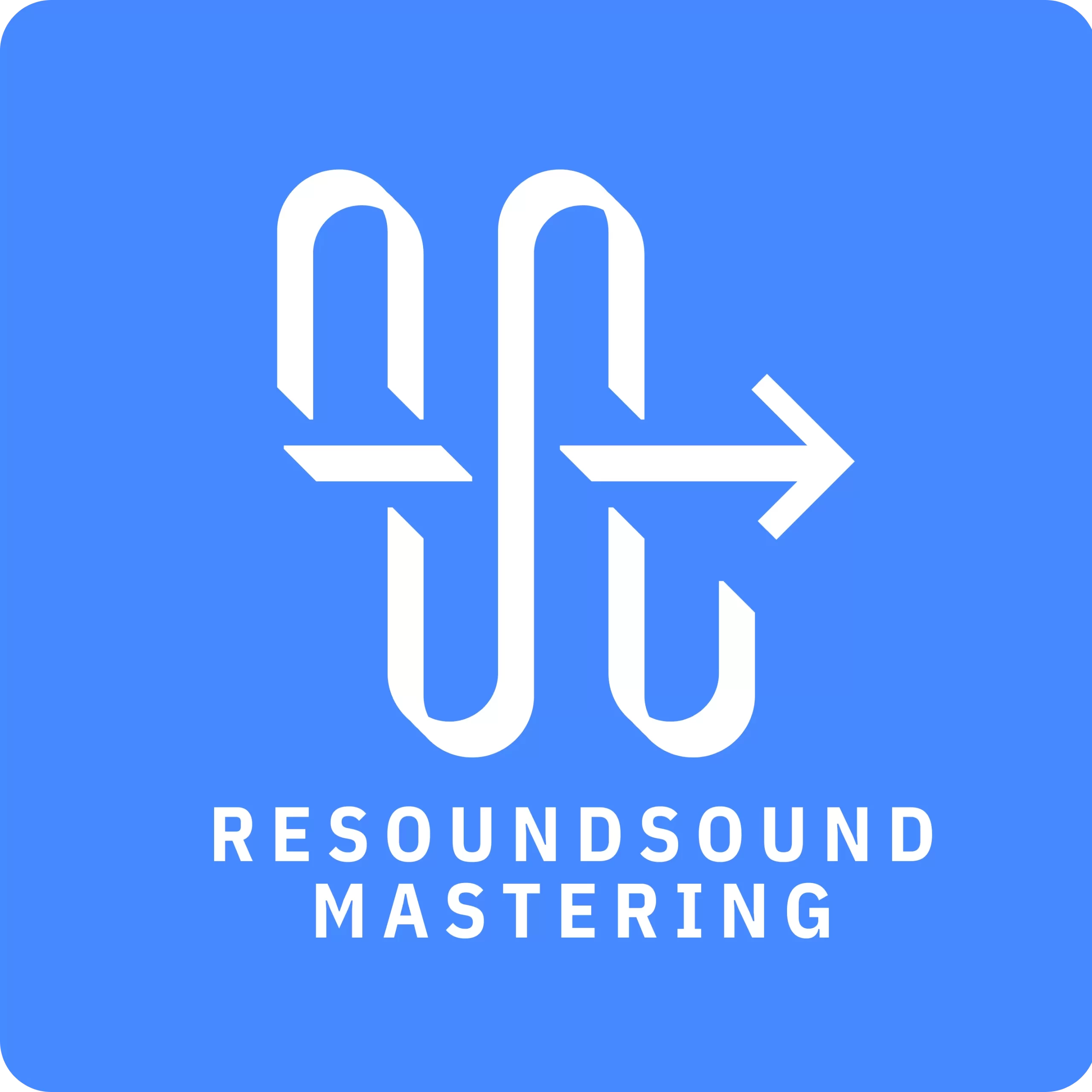I mentioned in my last article that working on my Rhytual project is like spiritual practice for me. I did not intend to imply it would be the ”right” or ”only” way to approach making music. Why do you make music?
Reasons To Make Music
For about 26 years (I started at the age of 6) I never thought about why I was making or playing music. When I finally started thinking about it at the age of about 32, I couldn’t get the questions out of my head. What is the purpose of music? Why am I doing this?
I’m now 40. I’ve been thinking about it for the past 8 years or so. I’ve come a long way from where I started, but I don’t feel I’m finished with it yet. Here’s some reflection about how I currently approach my music making.
The Rhytual project for me is only one aspect of the whole. Other major music projects I’m currently involved with include Resound (my drum & bass focused solo work) and my collaborative work with Ink & Loxy (we have a label set up for this called I.L.R. Studios).
I have different thought processes for different projects. They are always evolving, too. Working on Rhytual has become a little bit like meditation in the past year or two. It helps me stay on track, so that I can stay focused and do right in other things. It’s been something that I go to when I feel like I need to take a breather from other work. Altough I’d like to release some material, I’m not too worried about it at the moment. I’ve had other things to tend to.
I never intended to move so slow with Rhytual releases. But life brings surprising events and right now I’m just happy to have my own little spiritual music practice that I can always return to. You should always evaluate your priorities because the world around you isn’t static, and you aren’t either.
For the past 9 months I’ve been focused on a new collaborative project with my friends Loxy & Ink. For us it was not an option to do it half-assed. We were very clear about that from the beginning. In order to do it properly, everything else was put on the back burner for a bit for all of us.
As a result, working with this new dynamic has been very rewarding. We’ve made close to 30 tracks by now, developed a killer routine and started to find our voice as a collective. Working hard we’ve learned many new things that will transfer to anything we may choose to do in the future. With 9 tracks released at the time of writing this, the public has only seen a glimpse of the project so far. But for us the project is already a success.
There is some overlap, but the “whys” and “hows” behind our collaborative project also differ from those of my Rhytual project, for example.
There are many different reasons to make music. Are you aware of yours? It’s good to think about it. It may change how you approach things for the better. Here are a few good ones, off the top of my head:
- Moving yourself
- Moving others
- Spending time with friends
- Connecting with new people
- Connecting to your roots
- Having fun
- Maintaining inner balance
- Learning new skills
- Benefitting another project
- Personal growth
- Making a statement
- Changing the world
- Finding solace in a difficult situation
- Helping someone
- Making a living
- Supporting your family
- …and so on.
It’s usually a combination of many things, but our priorities vary.
A piece of music doesn’t care why it was made. Do you think Mozart’s work is less beautiful because he did most of it to please the clients and to make money?
I don’t think whether you make music for money or perhaps for spiritual reasons makes your music any better or worse. Having clarity about your reasons will make your music better though. It will help you focus and do better work. That process will help you in finding your own voice.
What are your reasons for making music? What am I missing? I’m curious to hear. Let me know in the comments.
